Buying Guides
Latest: Advice, Tips and Resources

Set effective employee performance goals using MBO and continuous feedback. Top HR software includes BambooHR, Paychex Flex, GoCo, and monday.com for tracking.

TriNet is a digital human resources (HR) solution for small and midsize businesses, and its features make it especially useful for startups.

Find out how an HR department can handle important personnel aspects of your business, including recruiting, payroll, and benefits.

Workers thrive in cultures that encourage support, personal growth and open communication. Here are some tips to achieve that culture.

High employee engagement can benefit your business. Learn what tools and strategies to use to improve employee engagement within your organization.
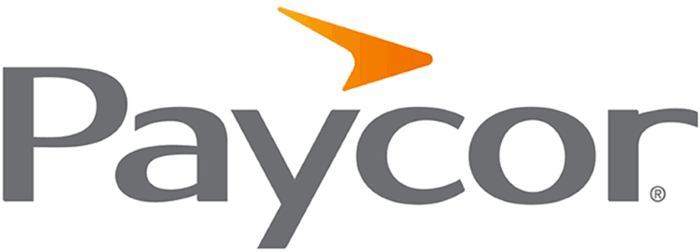
Paycor is the ideal HR software to view workforce analytics in addition to managing traditional HR processes. See a full breakdown of pricing.

To get and retain top talent, you need a strategy that considers your business’s strategic goals and objectives. Here is how to develop a good policy.

Learn the role of an employee benefits administrator, the components of benefits administration and the best HR software for help managing benefits.

These are the most important steps you can take to prevent payroll discrepancies and, if they do occur, how to fix them.

Handling HR tasks manually is onerous, so many organizations are migrating to the cloud. Save time and money by proactively preparing for the transition.

HR software can simplify your human resource responsibilities. Learn what the best HR software options can do for your small business.
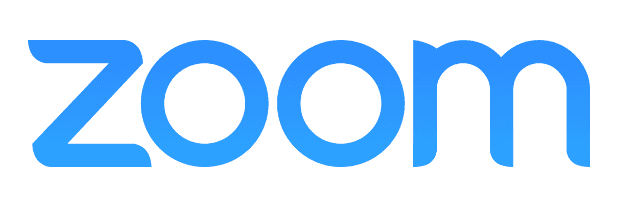
Zoom Phone offers internet-based phone services with feature-rich video conferencing tools. See pricing and how it stacks up to competitors.

Papaya Global is an international PEO that allows businesses to onboard workers, administer benefits, and manage payroll across multiple countries.
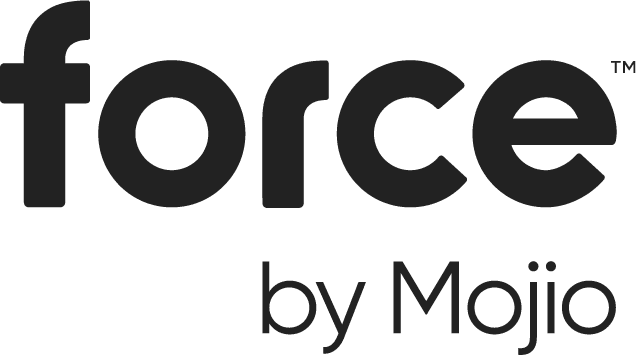
Force is a great GPS fleet tracking system for growing businesses making local service calls or deliveries. See the affordable pricing.

GPS Trackit is a cost-effective fleet tracking platform with leading video telematics capabilities. See pricing and more key details.
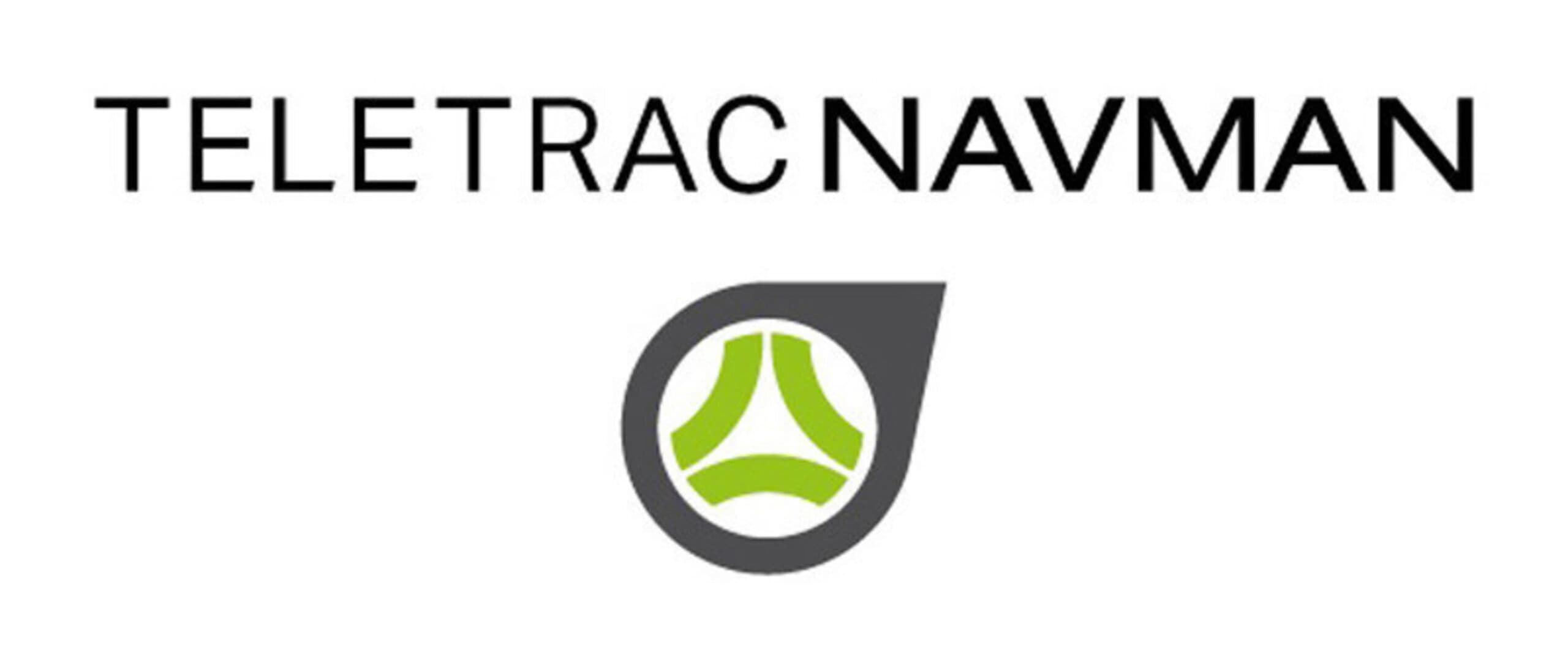
Teletrac Navman offers useful features for staying on top of fleet maintenance, reducing long-term repair costs and keeping your vehicles operational.

Azuga stands out in the fleet tracking space for its high usability. Learn about features, pricing and more.

ClearPathGPS is a great fleet tracking system for budget-conscious businesses. See its features, plans and prices.
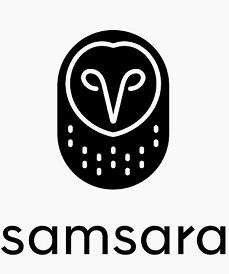
Samsara's GPS fleet management platform is intuitive, fully featured and ideal for companies wanting to start their transition to electric vehicles.
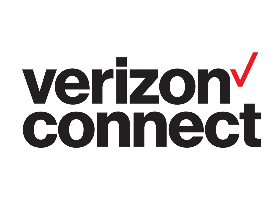
Verizon Connect provides a wide selection of GPS fleet tracking services that are scalable to meet the needs of any fleet size.

Clover, Square and Lightspeed lead as top POS systems, featuring mobile sales, loyalty programs and seamless integrations for diverse businesses.

Henry Gantt's management theory balances completed work with pending tasks using visual charts, task bonuses and workforce motivation for productivity.

Pipedrive and monday sales CRM are full-featured customer relationship management platforms that can improve sales and marketing. Here's how they compare.

Make your employees happier and more productive by following these tips for making your business run more efficiently and smoothly.
HubSpot and monday Sales CRM can help your business handle leads, marketing, reporting and more. Learn how these top CRM software packages compare.

Pipedrive and Hubspot are user-friendly, full-featured CRM platforms for small businesses. Learn how their features, functionality and pricing compare.
See a comparison of the HubSpot and Zoho CRMs when it comes to pricing, features, integrations and more.
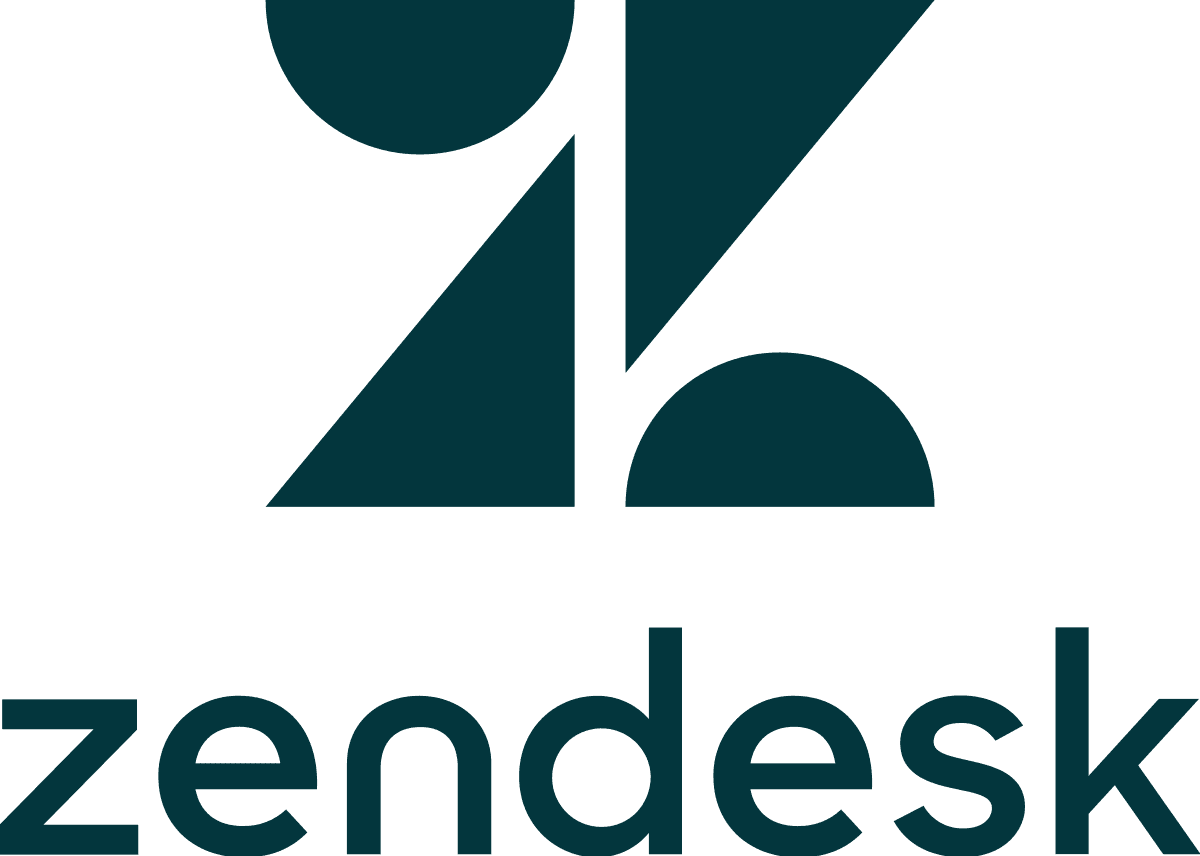
Zendesk is a full-featured CRM with tools to optimize sales, marketing and customer service team performance. Learn about Zendesk's features and pricing.

Pipedrive is a powerful CRM with exceptional sales automation features. Learn how Pipedrive can help you customize and streamline complex workflows.

Project management is one of the most lucrative, diverse careers out there right now. Every industry needs a PM; learn which skills you need to become one.